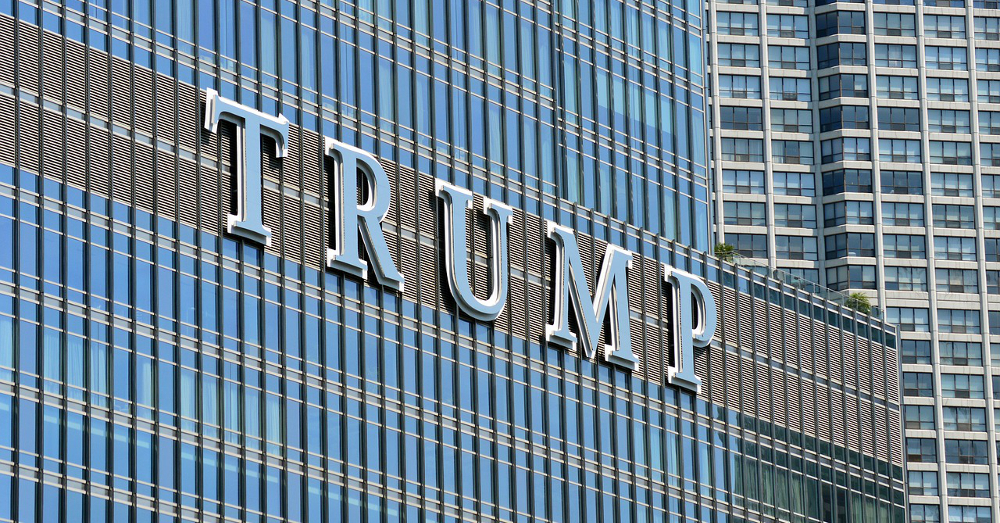
How Trump Could Set the Mideast on Fire
White House actions in the Middle East are helping Iran to displace U.S. influence in Iraq.
February 6, 2017 | Source: AlterNet | by Patrick Cockburn, CounterPunch
White House actions in the Middle East are helping Iran to displace U.S. influence in Iraq.
President Trump is adding further venom to the raging sectarian hatreds tearing apart Iraq and Syria by his latest ill-judged tweets. These have far greater explosive potential than his better known clashes with countries like Australia and Mexico, because in the Middle East he is dealing with matters of war and peace. In this complex region, the US will have to pay a high price for switching to a vaguely belligerent policy which pays so little regard to the real situation on the ground.
In one tweet this week, Trump says that “Iran is rapidly taking over more and more of Iraq even after the US has squandered three trillion dollars there. Obvious long ago!” In fact, it is not obvious at all because it is not true. Iran was in a stronger position in Iraq before June 2014 when the Isis offensive captured Mosul, defeated the Iraqi army and provoked the fall of the government of Nouri al-Maliki who was close to Iran.
The victories of Isis at that time led to a return of US influence in Iraq as President Obama created a US-led air coalition which has launched thousands of air strikes against Isis. He sent at least 5,000 US military personnel backed by thousands of American contractors who handle training and logistics for the current Iraqi army assault on Mosul. The attack is very much a joint US-Iraqi joint operation and has turned into the hardest fought battle in Iraq since the US invasion of 2003.
But Trump is not the only person saying that Iraq is increasingly controlled by Iran. Isis continually maintains that the majority Iraqi Shia community, which makes up about two thirds of the 33 million Iraqi population, is not really Iraqi but Iranian. Isis has always demonised the Iraqi Shia as religious heretics and “Safavids”, called after the Iranian dynasty, and said they are not real Muslims and deserve to die. Saudi Arabia, with whose rulers Trump recently had a long conversation, holds somewhat similar views about equating Shia Islam with Iran and the need to combat both.
